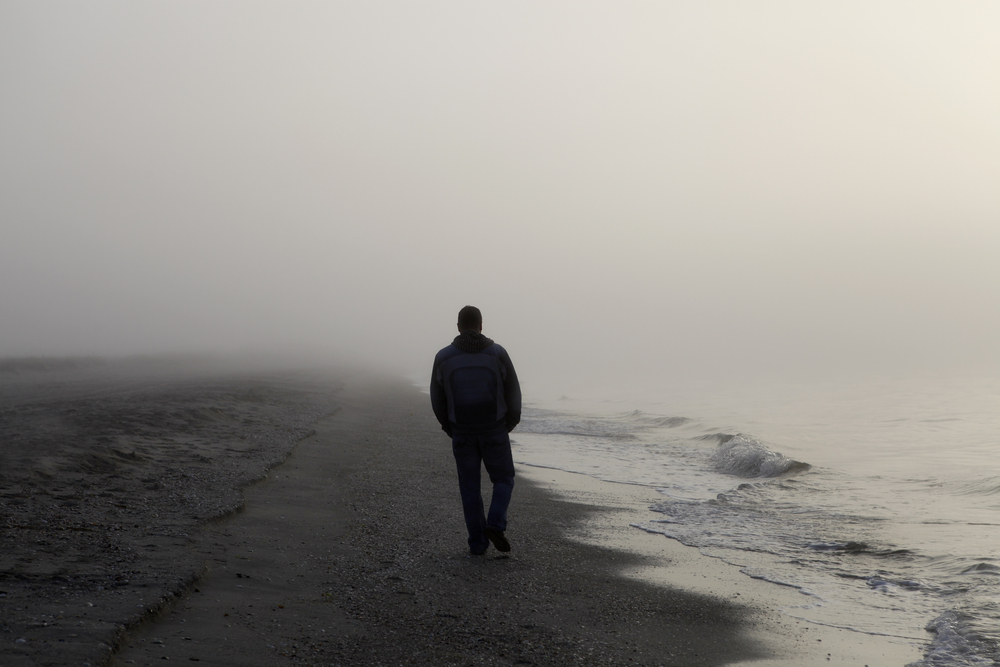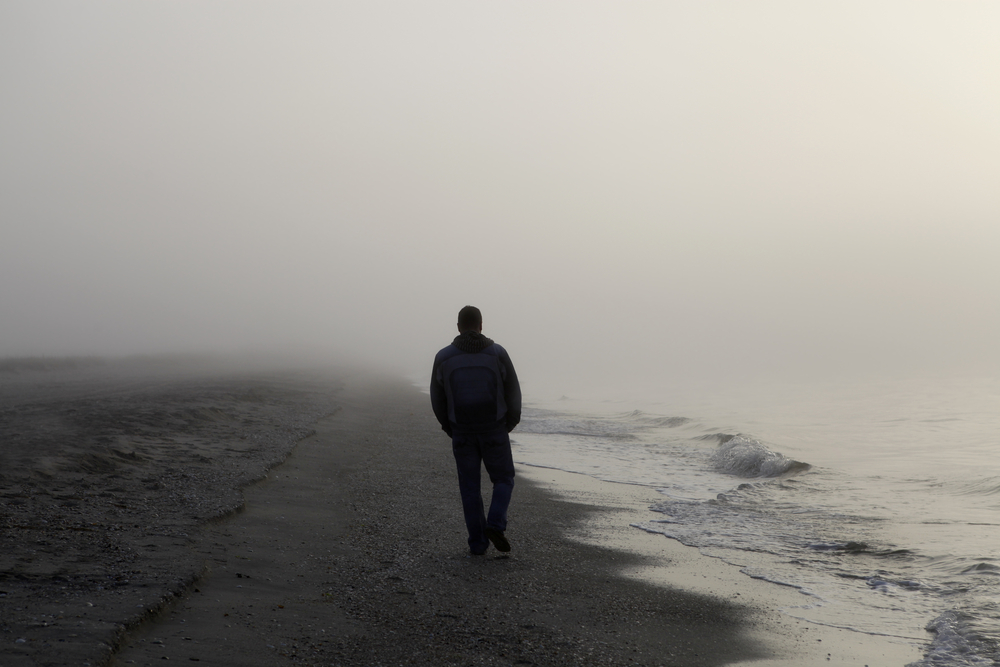
How We Define A Broken Heart
After surviving the mandatory Alcohol-Adele-Sleep-Repeat cycle, I found myself in a strange state of consistency – both in the regularity of my thoughts and the solidity of my physical being.

I love when words have two meanings, each so different and far-removed from the other that you can’t help but wonder whether, en route to Great Britain in fifth century AD, the Germanic tribes found themselves exhausted/drunk and decided to cut some corners.
Like ‘stalk’ which, when used as a noun, describes part of a plant – yet, as a verb means to harass or follow someone – or ‘trip’ which can just as easily refer to going on a vacation as it can stumbling to the ground. But then there are those homographs which harbor deceptive insight, such as ‘consistency’ which means both “a consistent behavior or treatment” and “the way in which a substance holds together.”
Think about it.
Recently I was left somewhat damaged by the ending of what couldn’t possibly be described as a relationship, but more of a 30-second teaser for one; something as grippingly beautiful as it was cruel and fleeting. After surviving the mandatory Alcohol-Adele-Sleep-Repeat cycle, I found myself in a strange state of consistency – both in the regularity of my thoughts and the solidity of my physical being. I was sad, yes, but unnecessarily so. I was consciously prolonging the healing process.
I was choosing to stay submerged in my post-love blues because it was familiar, because its consistency was numbing, because after all the ups and downs there was an erosive steadiness to this particular brand of sadness – and isn’t steadiness all we crave in relationships, albeit the steadiness of affection? It’s a cruel catch-22, holding you together as it tears you apart. It’s the growing sense of indifference which calms and soothes your once throbbing heart – and you find yourself unwilling to surrender it in favor of the unknown.
To let go would be to turn around after hitting the bottom of a steep, rocky mountain. To look at the distant peak, submerged in clouds, and start climbing – knowing all too well that you may never reach the top, that you may soon find yourself at the dark, gravelly base once more. To let go would be to give memorialization to something you wished were still alive.
After a failed relationship, we search to find validation for our sadness. We understand, somewhere deep down in the dark, cobwebbed chambers of reason, that everything will be okay – but we don’t want it to be. So we create patterns in which to wallow. It’s almost as though we’re relieved to be there, where the once dreaded possibility of pain now lies so clear and fully-formed on a platter before us. It becomes tangible, in our control – and that’s hard to step away from.
You see, to open yourself to the inconsistency of life and love is to once more open yourself to the potential of pain and — metaphorically, at least – falling apart. But once you take the trip, be it a vacation or stumble, up the mountain, and the blood starts flowing through your legs, and the cool air kisses your forehead – you’ll realize something. That the search for emotional consistency, an emotional equilibrium, is futile.
To sit at the mountain base – in all it’s comfort and steadiness – is to prolong a journey you’ll eventually have to take, regardless of how much it sucks standing up. And when you stand up, you will remember what it feels like to walk again. What it feels like to climb. ![]()











